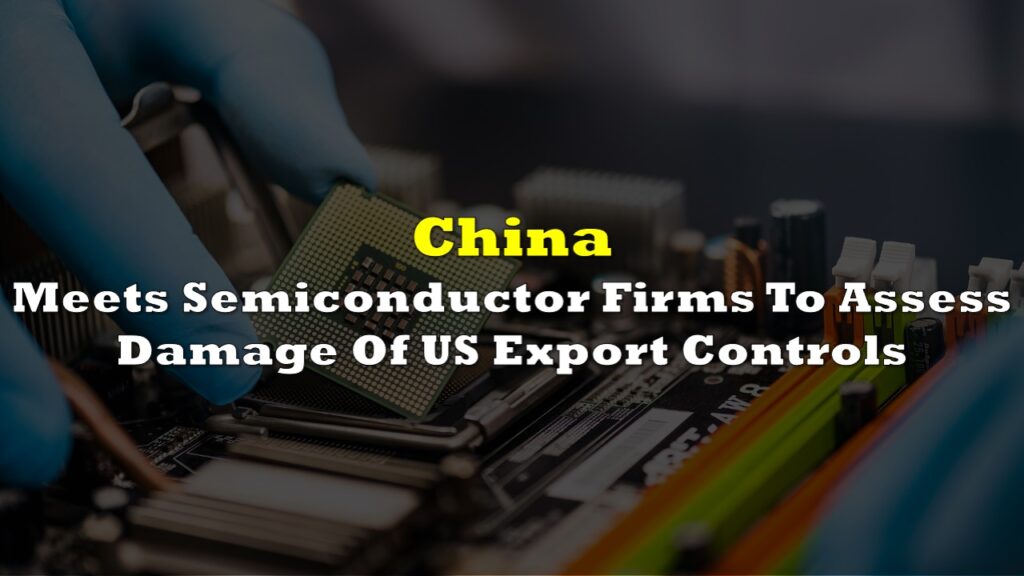In defiance of U.S. export restrictions, various Chinese military bodies, state-run artificial intelligence research institutes, and universities have successfully procured small batches of Nvidia semiconductors, as revealed by a recent Reuters review of tender documents.
The sales, facilitated by largely unknown Chinese suppliers, shed light on the challenges faced by Washington in fully curtailing China’s access to advanced U.S. chips, vital for breakthroughs in artificial intelligence (AI) and sophisticated military computing.
Despite the bans imposed on the export of Nvidia chips to China and Hong Kong in September 2022, and subsequent bans on domestically developed chips for the Chinese market in October of the same year, Chinese entities, including elite universities, continue to acquire and use Nvidia semiconductors. Notably, these include the high-performance A100 and H100 chips.
Nvidia’s graphic processing units, known for their superiority in AI work, are in high demand in China due to their efficiency in processing large amounts of data crucial for machine-learning tasks. The lack of viable alternatives, even with the nascent development of rival products by companies such as Huawei, underscores the continued reliance on Nvidia chips in the Chinese market.
The tender documents reveal purchasers ranging from prestigious universities to entities subject to U.S. export restrictions, such as the Harbin Institute of Technology and the University of Electronic Science and Technology of China. These entities, accused of involvement in military matters, highlight the complexity of enforcing export controls.
The emergence of an underground market for Nvidia chips in China has further complicated the situation. Chinese vendors claim to acquire excess stock through various channels, including importing through companies incorporated in countries like India, Taiwan, and Singapore.
Sought for comment, Nvidia reiterated its commitment to complying with export control laws and emphasized the requirement for its customers to do the same. The U.S. Department of Commerce declined to comment on the matter.
Experts, including Chris Miller from Tufts University, acknowledge the challenges of creating watertight export restrictions for chips, given their small size and ease of smuggling. The primary objective, as Miller notes, is to impede China’s AI development by making it difficult to assemble large clusters of advanced chips.
The review of over 100 tenders indicates a consistent demand for A100 chips, even after the bans, with recent tenders showing purchases of the A800. Some notable acquisitions include Tsinghua University procuring two H100 chips, and a military entity in Wuxi seeking A100 and H100 chips.
While most tenders involve small quantities, insufficient for building large-scale AI models from scratch, they contribute to enhancing existing models. For instance, the Shandong Artificial Intelligence Institute awarded a contract for five A100 chips, demonstrating a commitment to advancing AI capabilities.
Information for this briefing was found via Reuters and the sources mentioned. The author has no securities or affiliations related to this organization. Not a recommendation to buy or sell. Always do additional research and consult a professional before purchasing a security. The author holds no licenses.
















